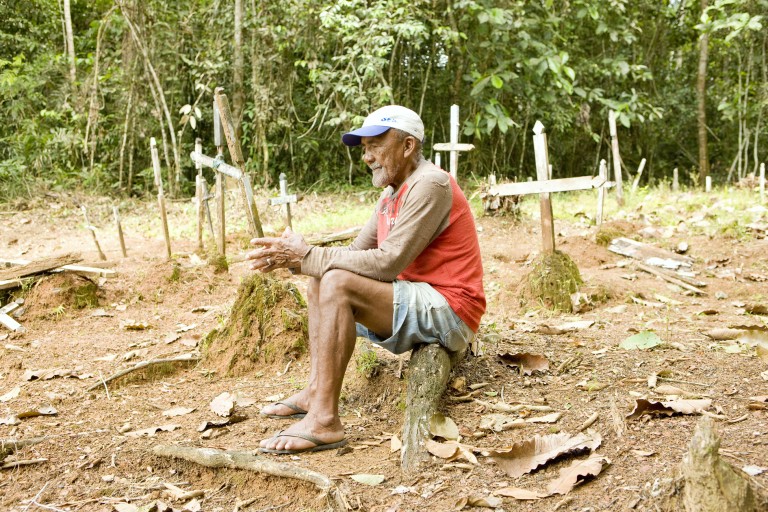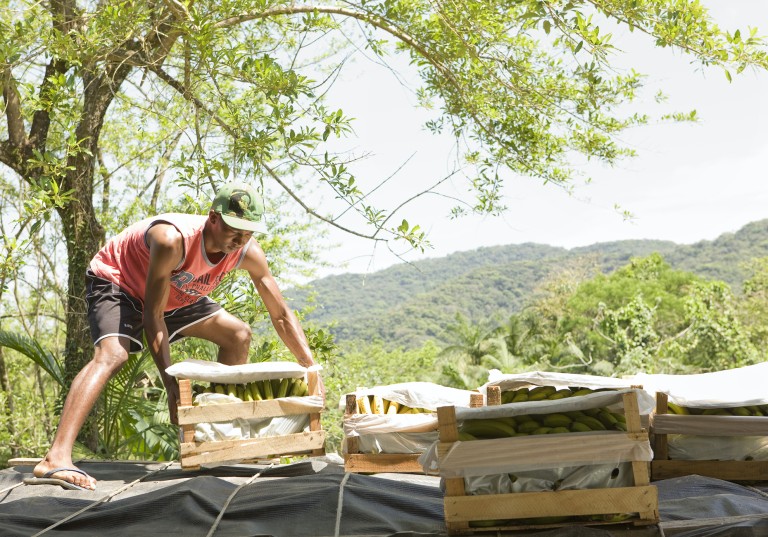L’histoire des Quilombola
Les descendants d’esclaves africains du Brésil, les Quilombola, ont mené un long et difficile combat pour leur reconnaissance. Après l’abolition de l’esclavage, ils ont été abandonnés, ostracisés et dénués de tous droits : ils étaient les laissés-pour- compte de la société brésilienne. Les choses commencent cependant à changer lentement au sein des
communautés rurales.
Cette série de films explore l’histoire de Quilombola, l’utilisation de leur terre et leur combat perpétuel pour leurs droits fonciers.

What does it mean to be Quilombola? What is their history? What challenges do they face? Take a look at this short video to find out.

Brazil’s African slave descendants, the Quilombola, have fought a long and hard struggle for recognition. After the abolition of the slave trade they were left abandoned and ostracised, devoid of rights and outside of Brazilian mainstream society. But things are slowly changing amongst rural communities. In the 1988 constitution Brazil’s Quilombola were granted access to land rights and since then they have been actively building a way to secure land titles on the sites where many have lived for generations. Community mapping is an important tool in this process, as is increasing awareness amongst the Brazilian population through education and ecotourism. ‘Freedom’ looks at two Quilombola communities, one with no land title and one benefitting from legal recognition, and examines the disparities between them.

Learn more about how the Quilombo community use their land in a sustainable way - using 400 year old practices to produce organic bananas sold nationally and internationally. The forest provides their medicine too, they survive because of the forest.